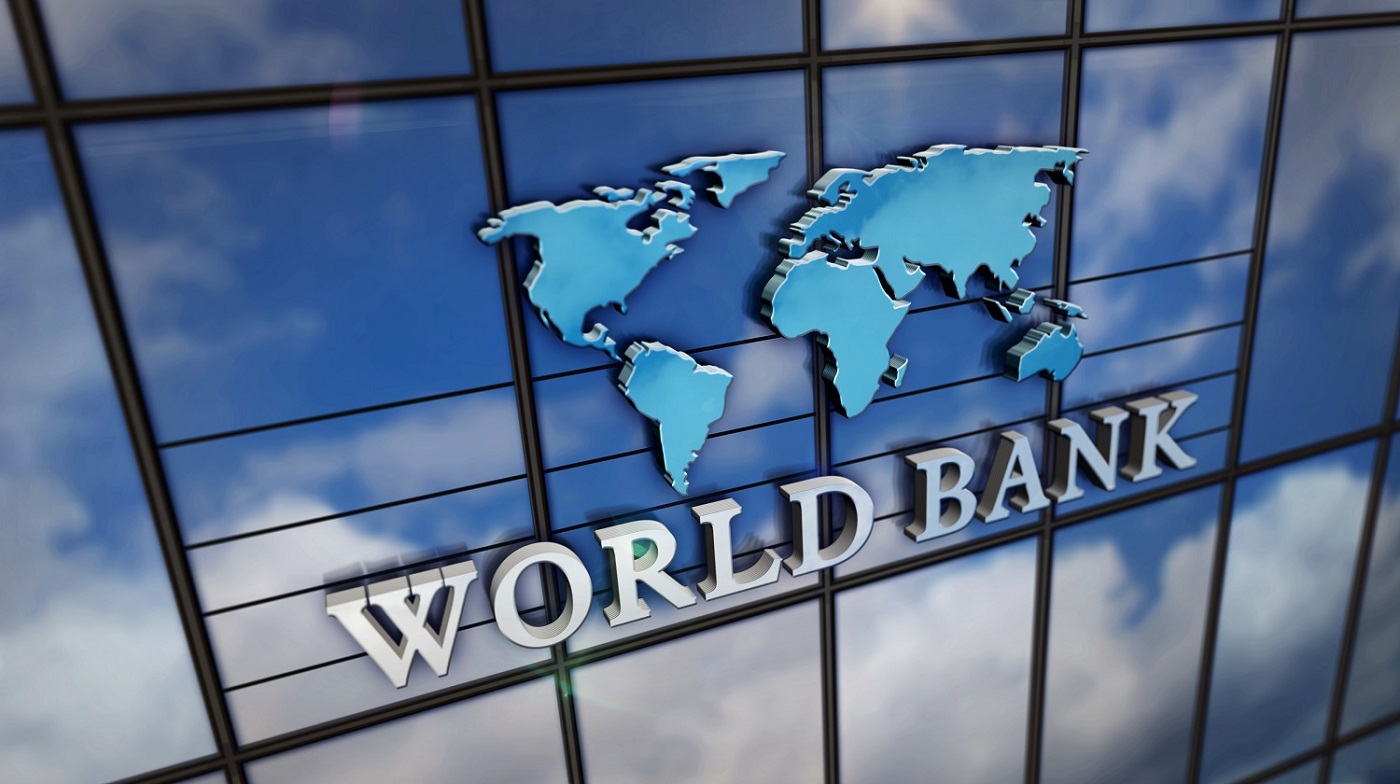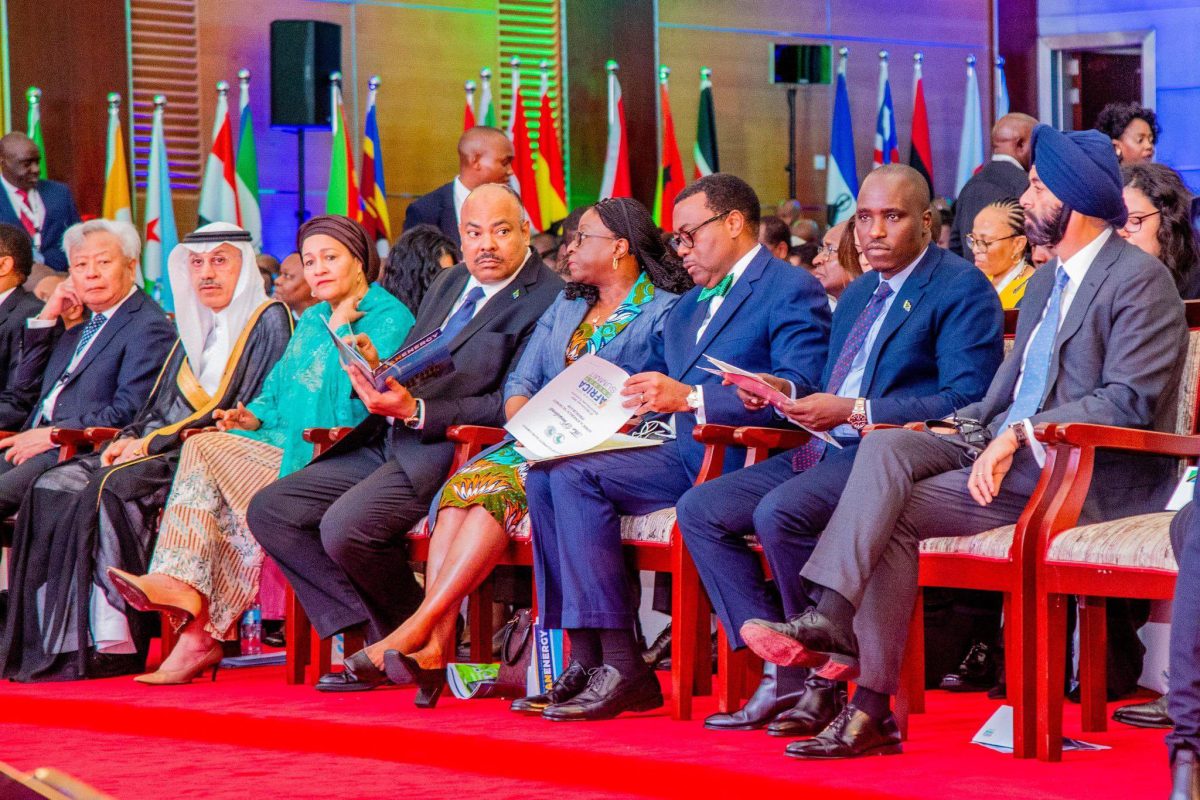Two Nigerian businesses, Viva Atlantic Limited and Technology House Limited, along with their Managing Director and Chief Executive Officer, Norman Bwuruk Didam, have been placed on a 30-month debarment by the World Bank Group for participating in dishonest, collusive, and corrupt activities related to the National Social Safety Nets Project in Nigeria.
The Washington-based organisation said in a statement on Monday that it had discovered serious infractions of its Anticorruption Framework in a 2018 procurement procedure. It was discovered that the businesses and Mr Didam had obtained private tender information from public officials and had falsely disclosed conflicts of interest in bid submissions.
Read also: RansomHouse hackers steal 2TB of sensitive data from Cell C in major cyber attack
Additionally, Viva Atlantic Limited and its CEO submitted fraudulent authorisation letters, gave inducements to project officials, and misrepresented experience records.
Through unscrupulous actions, the NSSNP—which was designed to provide social safety nets for disadvantaged Nigerian households—was jeopardised.
The World Bank claims that Didam, Technology House Limited, and Viva Atlantic Limited committed the following crimes: offering inducements to public officials, illegally obtaining confidential tender information, fabricating manufacturer authorisation letters and corporate experience, and misrepresenting conflicts of interest in bid documents.
“These actions constituted fraudulent, collusive, and corrupt practices,” the statement read, prompting the enforcement of strict sanctions.
The companies and their CEO are barred from participating in World Bank-funded projects for 30 months.
Culprits admit wrongdoing
The parties agreed to meet strict integrity compliance requirements for reinstatement and acknowledged their wrongdoing as part of the settlement agreements.
Important requirements include frequent ethics training programs in line with the Bank’s Integrity Compliance Guidelines, improvements to internal compliance procedures for both companies and corporate ethics training for Mr Didam.
Additionally, the businesses promised to continue working with the World Bank’s Integrity Vice Presidency.
Read also: Beltone expands into African financial services with acquisition of Baobab Group
Due to cooperation during the investigation and voluntarily corrective actions, the debarment period was shortened.
Other multilateral development banks are also subject to the sanctions under the Agreement for Mutual Enforcement of Debarment Decisions, which essentially prevents the businesses and their CEOs from participating in projects financed by global financial institutions.
The World Bank reaffirmed its commitment to protecting development money and underlined its zero-tolerance policy towards corruption.
By guaranteeing that monies meant for economic growth and poverty alleviation reach their intended beneficiaries, the debarment highlights the institution’s commitment to responsibility in global development initiatives.
After the debarment period, the involved parties must show complete adherence to the requirements to be eligible for World Bank-funded opportunities again.
















